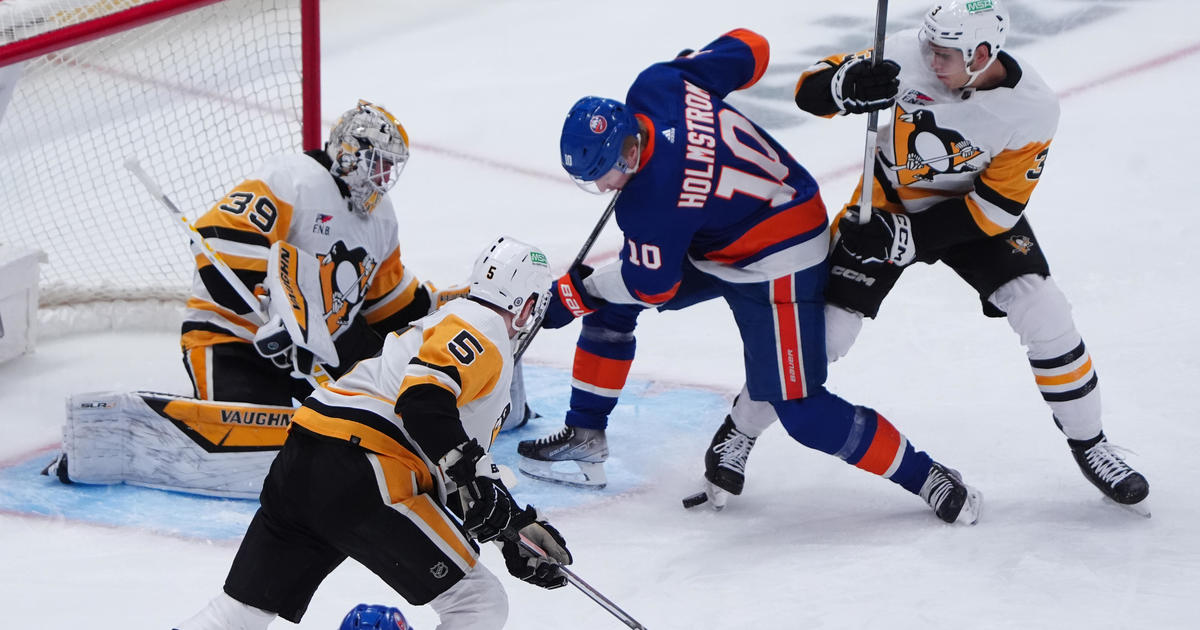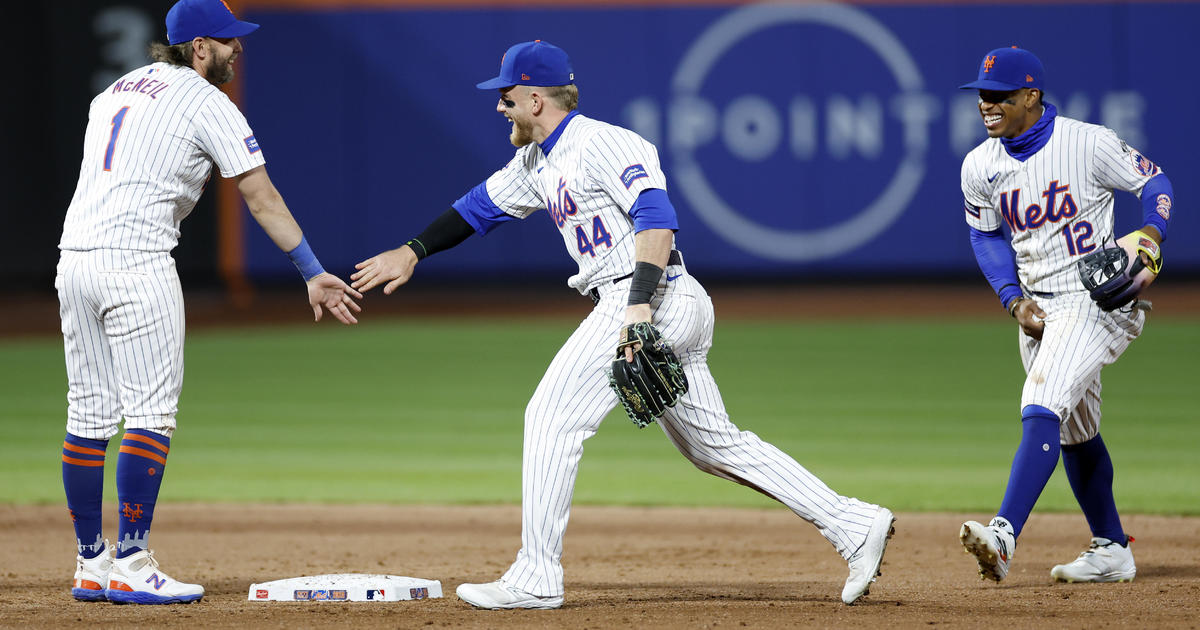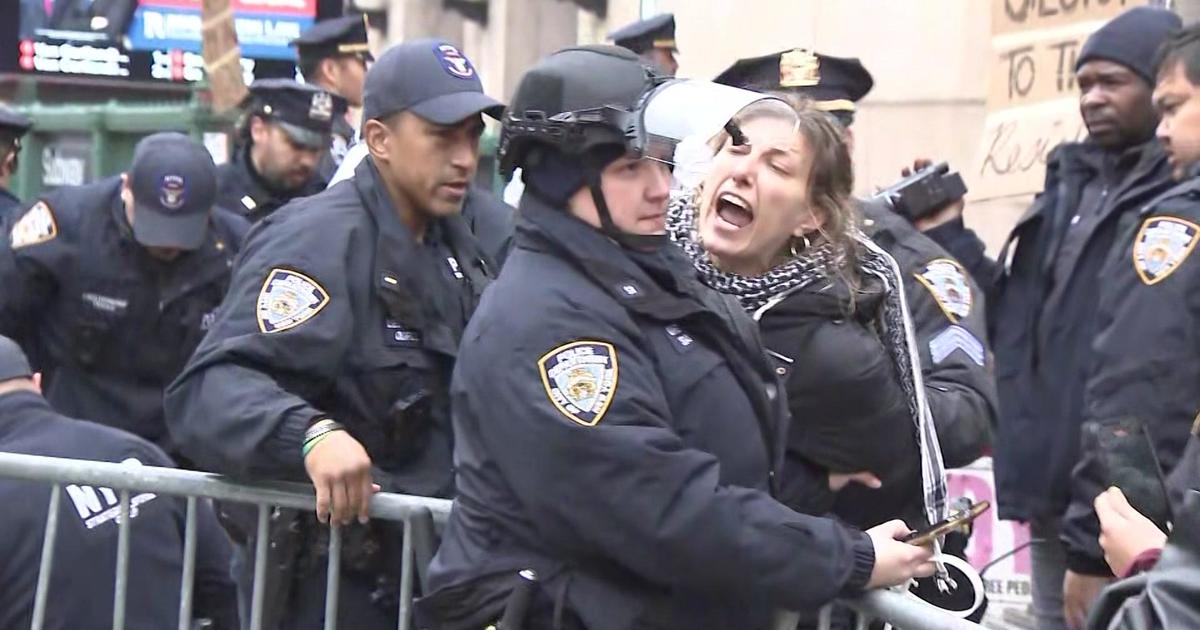Keidel: The End of Macho Time
By Jason Keidel
» More Columns
One warm night in the summer of 1985, my boys and I stood outside a movie theater on East 86th Street, all of us high school juniors, swathed in the era: overdosed on Polo cologne, drowned in hair gel or Jheri curls, crammed into Lee jeans, shell-toe Adidas with the fat laces, Le Tigre t-shirts, and brass belt buckles flashing our names. All that was missing was a Kangol, which we eschewed to keep our high hair properly coiffed.
This was back when that area was buzzing with film, the air thickened by pizza parlors and Gray's Papaya dogs. On weekends we strolled eastward, across the darkness and danger of Central Park under a white moon to watch the latest Eddie Murphy flick.
That night we heard the echoes before we saw the pack. A few loud dudes bopped down the street like they owned it, one of whom jutted in front of the pack in a leather jacket and no shirt, a sea of rope chains sparkling from his tan chest. He sprung into the streetlights and slapped the top of a bus stop sign, almost as high as a basketball rim. "It's Macho Time!" he shouted.
Without a second glance we knew who he was. If you lived above 96th street in the 1980's you know what Macho Time meant and who Macho Man was. And we knew that for a few dazzling years, we were in the presence of greatness.
When boxing was a very important sport, Hector Camacho was a very important boxer. There were many mutations to Camacho the boxer, and the man. Sometimes he was a puncher, brimming with his "Macho Man" moniker, ready to slug until the final bell. Then there was the tactician, perhaps the best Camacho, who was so fast and flicked his jab, his southpaw stance with legs spread wide like a praying mantis, shuttling laterally while his opponent whiffed on countless counters.
There was the flashy Camacho, who strutted into the ring dressed like King Farouk one night, then maybe a hula skirt the next, then a thong, then tassels. Watching a Hector Camacho fight was equal parts aesthetics, genetics, and provincial pride.
Beyond the stardom and sickness, the talent and torment, I always cared about Camacho. Not just because he was a divine boxer but also because he came from my slice of Americana, a cobblestone road to the American Dream, within the thin bottleneck of Manhattan pavement we called Harlem. He was raised just across town from me, in Spanish Harlem, where I spent many summer days as the only white boy on the block, looking to play basketball on the scorching asphalt between the Harlem and Hudson Rivers.
No matter how foolish or funny Camacho acted, he was ours. Camacho was a breed of Americans cleverly coined New Yoricans: often born in NYC and shuttled between the boroughs and Puerto Rico, or as they fondly referred to it, La Isla. Or, in Camacho's case, born in Bayamon and raised in Spanish Harlem. It was a description of endearment, and Camacho, at his best, was most endearing, And most gifted.
But he will always be Macho Man – a ringside persona that fit the man like his Everlast gloves. There was the loud Camacho, the loquacious Camacho, the drunk Camacho, the cocaine Camacho, and there was the thoughtful Camacho who, when he wanted, could be the most introspective and intelligent young man who praised opponents and hugged strangers.
The ancient boxing axiom declares that the sport is only as strong as the heavyweight division. And that's never been true. After the golden era of heavyweights faded, taking with it Ali, Foreman, Frazier, Norton, Shavers, and Lyle, there were only two notable big men in boxing: Larry Holmes and Mike Tyson. But the smaller men blossomed like a field of wildflowers in the '80s: Ray Leonard, Thomas Hearns, Marvin Hagler, Roberto Duran, Aaron Pryor, Alexis Arguello and, yes, Hector Camacho.
Because of opponents he couldn't conquer outside the ring, most notably narcotics, Camacho's reign as Macho Man was tragically truncated. But there was a cosmic blink, a confluence of timing and talent, when Hector Camacho was beautiful.
From his large, exaggerated face, from which hung his signature spit curl – which he often promised to snip off if he lost his next fight – to his wide, white smile to his absurd costumes, he was an entertainer. Camacho understood that whether you viewed him from ringside or your couch, whether you loved or loathed him, he still got you to watch. And Camacho fought everyone who had to be fought, ducking no one. Indeed, his losses included legends Oscar De La Hoya, Felix Trinidad, and Julio Cesar Chavez.
He was bold and beautiful and a braggart, but somehow he barked without being overly offensive. He was one of Ali's progeny, the new generation of fighters shortly after "The Greatest" retired, who bogarted the bold ink with fast hands and hubris.
We remain bonded to an athlete for many reasons. Beyond the obvious, athletic splendor they represent a time in our lives when the world was untapped, a wonderland of eternal pleasures, when none of us were yet aware of heartache and heartbreak and failure. Then when we age and find that they're fallible, we can finally relate to that, too.
So when our parents heard that Mantle and Namath drank too much, and when we learned Pete Rose gambled too much and LT, Doc and Darryl partied too much, we talk about squandered talent and wasted youth. And we understand that, too, because many of us did the same in some form.
According to reports from TMZ, up to ten bags of cocaine were found in the car where Camacho and his childhood friend and driver were shot and killed. And somehow, properly or perversely, we get it, and we love them even more. We want our heroes to be human. And Hector Camacho was all too human.
For the record, Hector Camacho has died at 50 with a record of 79 wins, six losses, and three draws. But, as with many athletes who made our lives a little better, Hector Camacho can't be defined by numbers. No number, no measurement covers Macho Man, because Macho Time is eternal.
Feel free to email me: Keidel.Jason@gmail.com
www.twitter.com/JasonKeidel
Share your best Hector Camacho memory below in the comment section.



